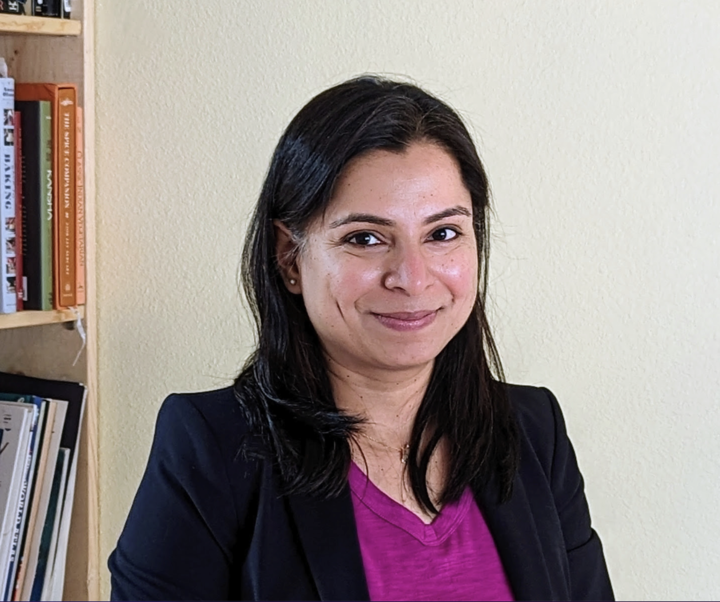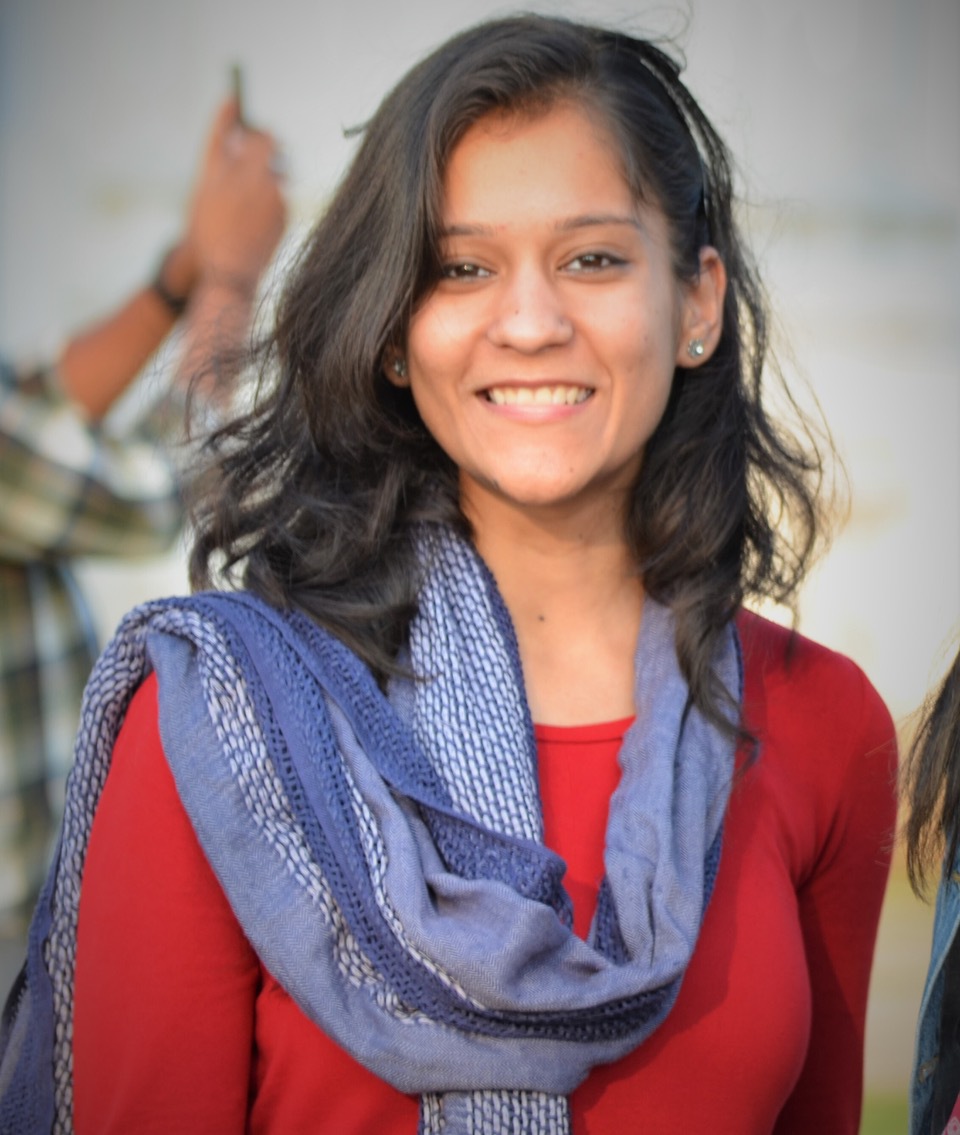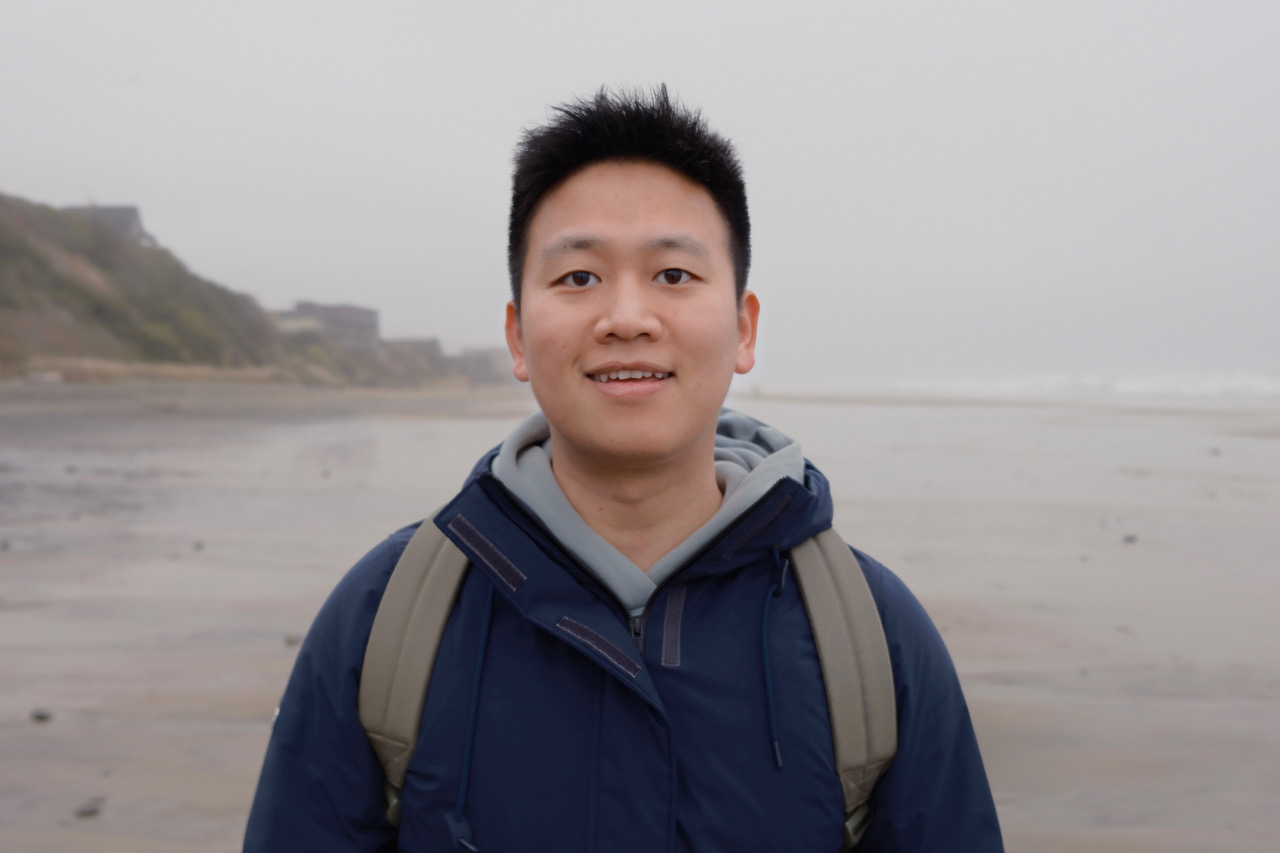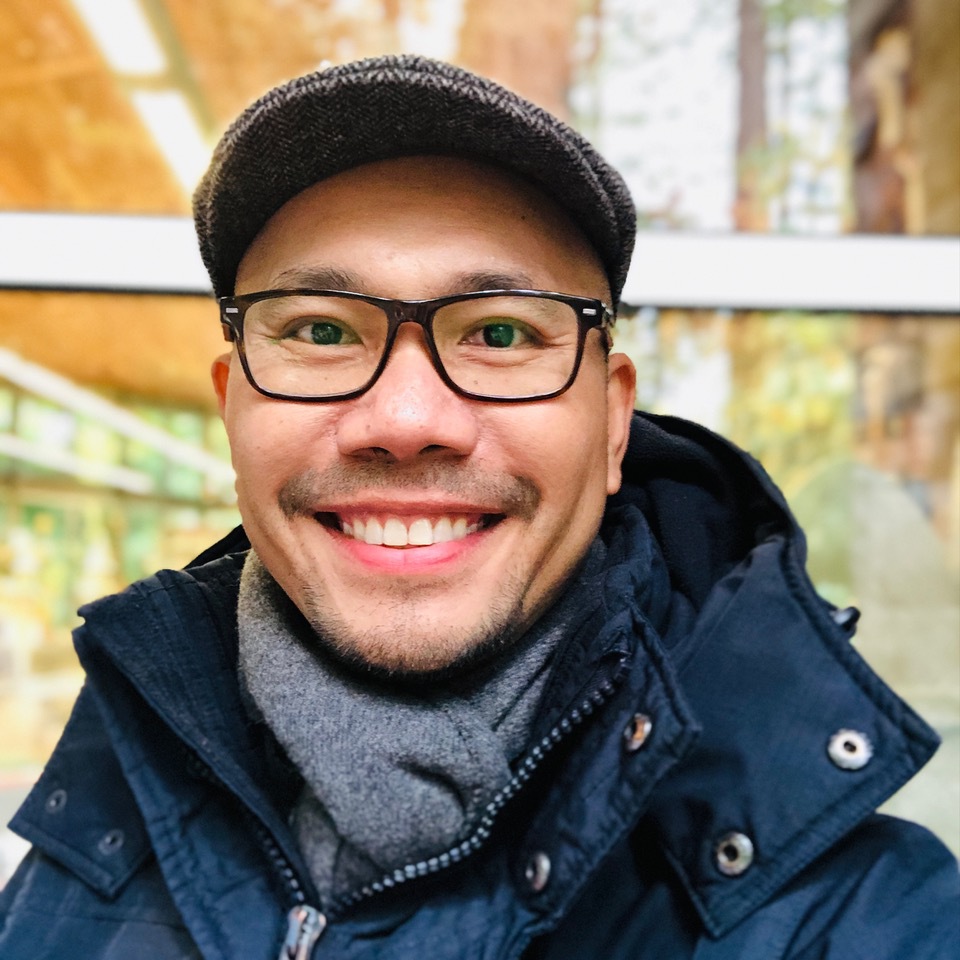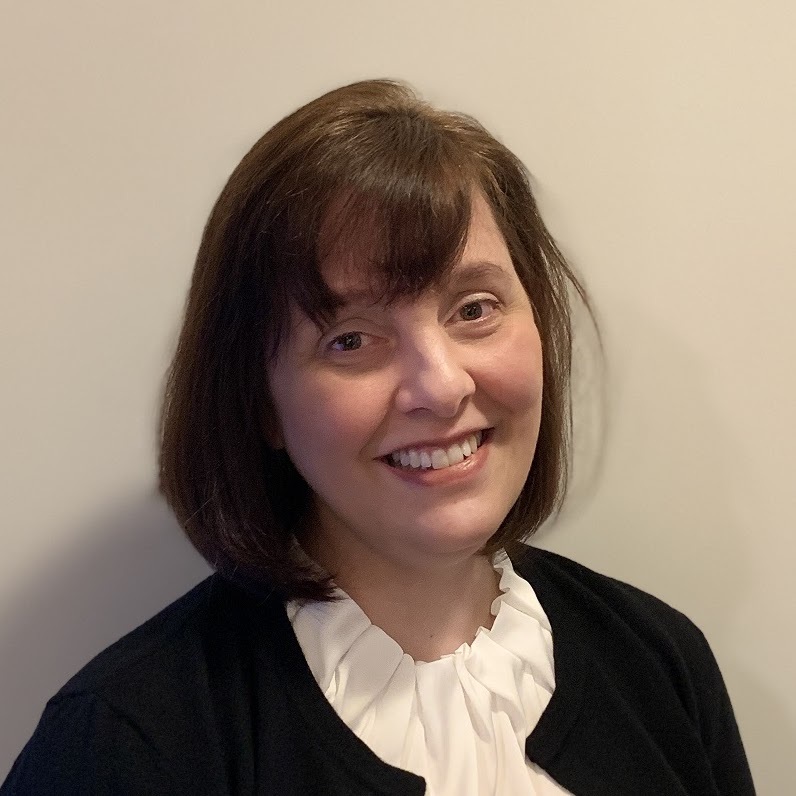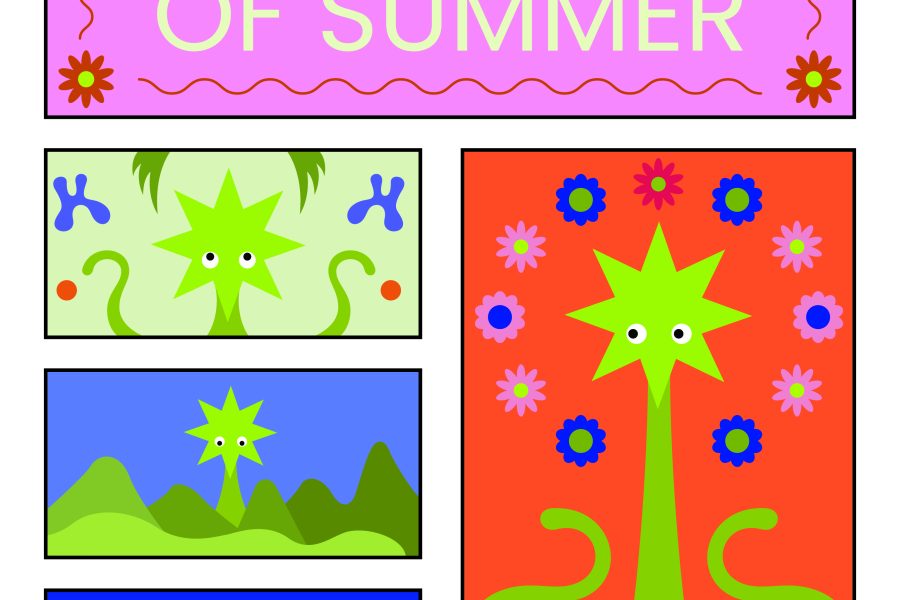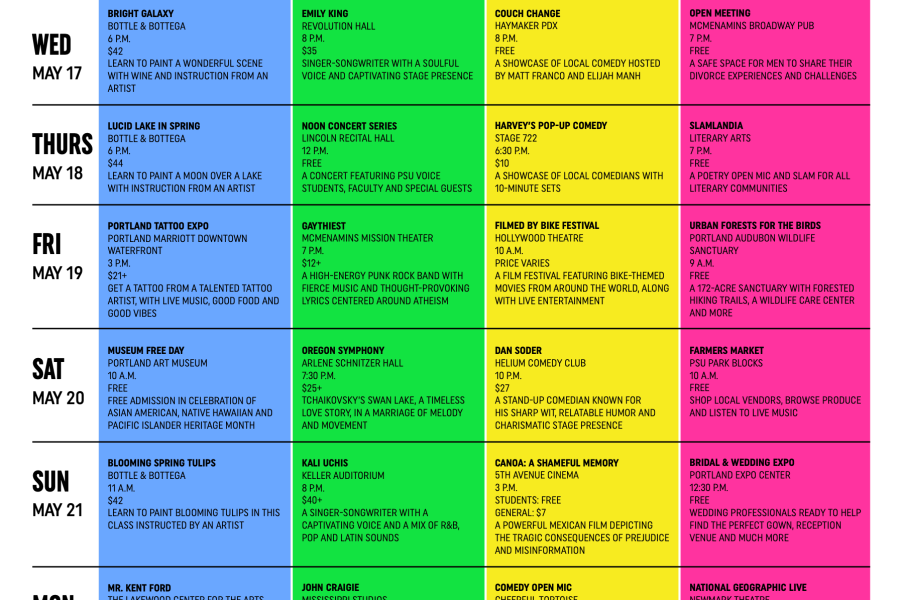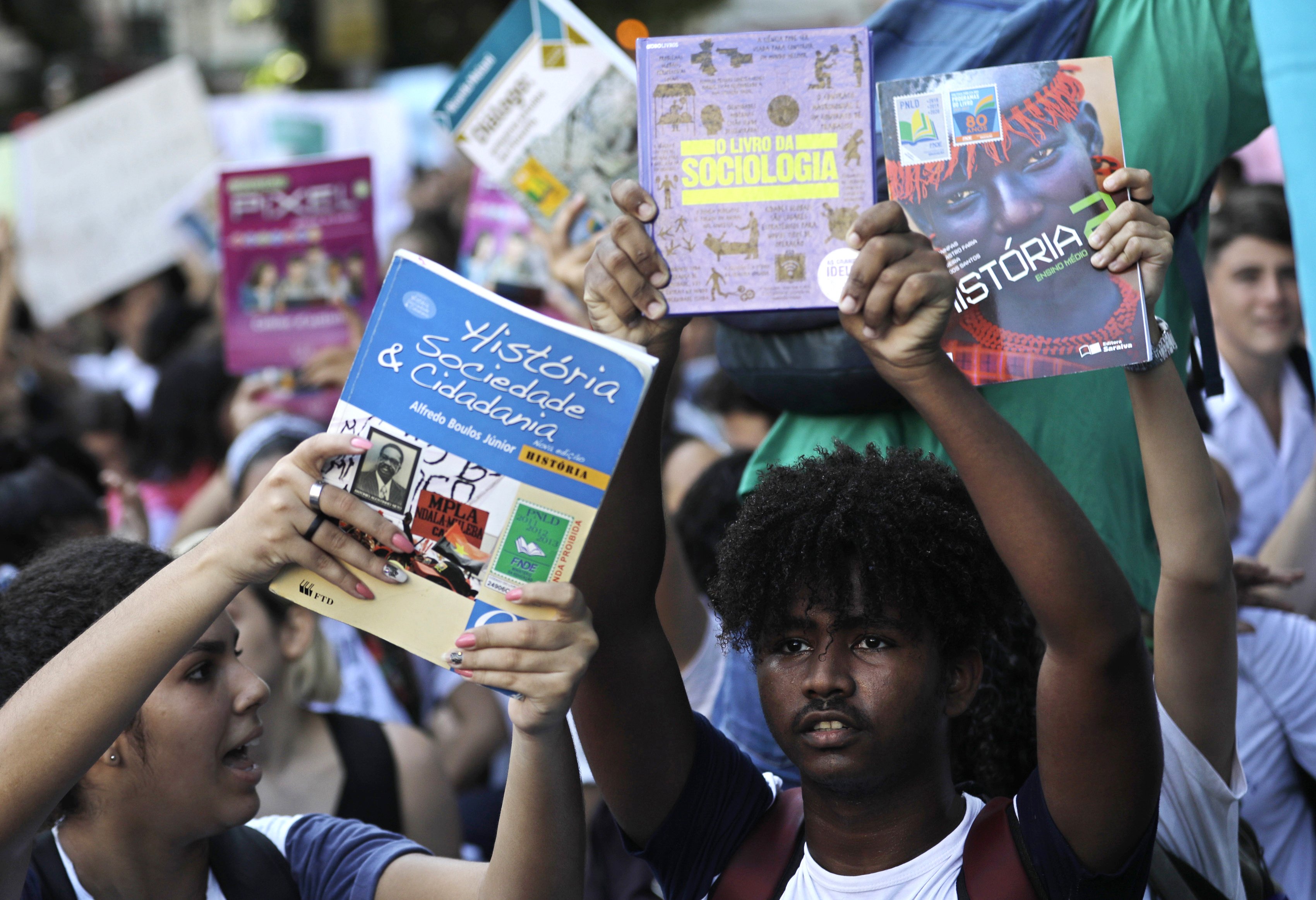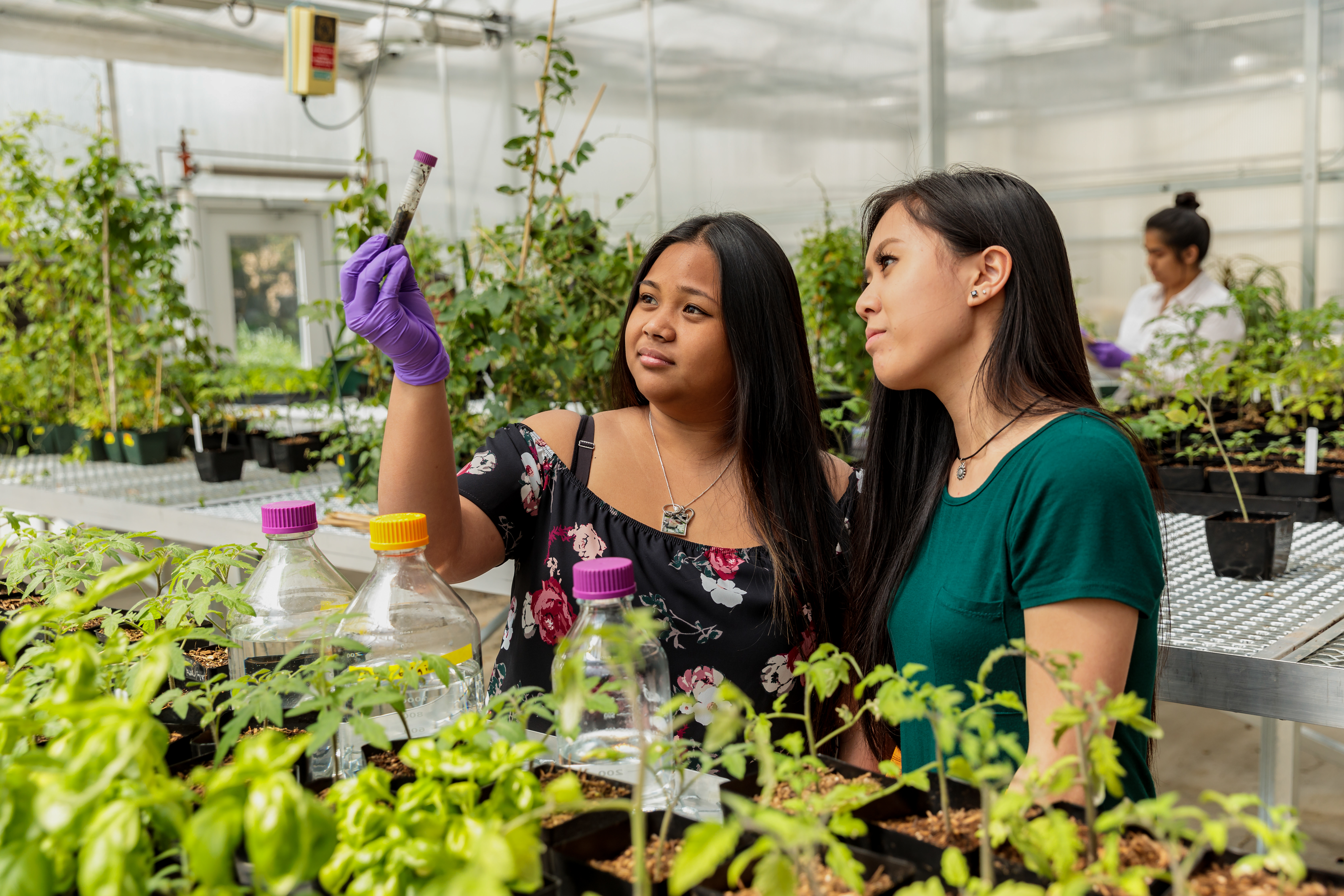With the establishment of the conversational artificial intelligence ChatGPT in society, AI has been a growing topic of debate. Here at Portland State, the team at the Compassionate Computing (CoCo) Lab developed the Ideathon, which will use AI, students and stakeholders of different disciplines to problem-solve climate change communication in Oregon. This event will take place in the PSU Engineering Building on Saturday, May 13.
Juan Vasconez, an Engineering and Technology Management MS Student at PSU and one of the event facilitators, stated that the event “aims to raise awareness about the impacts of climate change in Oregon’s cultural landscapes using AI-based tools and natural language processing.”
Vasconez went on to point out the need for this event. “Despite the availability of resources on climate change adaptation in the local area, and in order to create more community engagement, we have created the CoCo Labs Ideathon, which provides participants with access to a set of natural language processing and AI tools that they can use to develop creative ideas for communicating the effects of climate change in Oregon,” he said.
Conversational AI or Natural Language Processors (NLPs) are used in various contexts. “NLP stands for Natural Language Processing,” said Yufei Tao, computer science Ph.D. student at PSU and one of the event facilitators. “It’s a field that, in the general term, when you talk to, for example, ChatGPT, it’s been really popular, or any language model, like chatbot agents.”
“So NLP is a field of basically enabling humans and computers to interact with each other, to communicate with each other using natural language,” said Dr. Ameeta Agrawal, computer science assistant professor at PSU and one of the event facilitators.
Dr. Agrawal and Tao’s research focuses on NLP development and making their use more accessible, equitable and efficient. “[We] focus on the efficient NLP,” Tao said. “Nowadays, a lot of language models cost a lot to train or to create—only big companies like OpenAI and Google can do it. So we want to [and] like my focus is to make it more efficient so you can hopefully let the academic field or smaller companies to be able to access those models or create those models… We’ve [also] been experimenting on conversation modeling, which is still part of the efficient NLP, to see how the language model responds to different ways humans talk to them.”
Like the Ideathon’s interdisciplinary aims, CoCo labs incorporate multiple disciplines and “has researchers from computer science, technology management and anthropology,” according to Dr. Agrawal. They believe this multidisciplinary approach will provide a broader understanding of the issues they’re tackling.
While Vasconez does not use AI in the same way as Dr. Agrawal and Tao, his approach allows the view of this tool through an additional lens. “I am currently investigating the factor for digital adoption in the tourism industry in the Galapagos Islands,” Vasconez said. “My goal with this research is to capture the voices of different stakeholders in the tourism supply chain in this natural travel destination and find factors and barriers to implementing new products based on emerging technologies.”
“The Ideathon has a strong connection with community engagement and the use of AI in storytelling,” he continued. “From my perspective as a technology management researcher, the use of AI tools can help to build communication bridges between community members and a specific issue.”
While Vasconez’s background is not as immersed in NLPs as Dr. Agrawal and Tao, his perspective adds additional nuance to the event planning, as is the goal of an interdisciplinary event. “I started to explore this technology in the past five months,” Vasconez said. “I see great potential in verbal cognition and textual communication. Also, it could be a great resource for market research and data analysis. From the marketing perspective, it has helped me a lot to produce content for different audiences with different formats and tones.”
Beyond the planning committee, the planners hope that the event will attract those from all disciplines and backgrounds. “We have a lot of these AI tools, and we are just educating and a way to introduce to all the students the ease and the accessibility of using some of these tools to show that, okay, how do you leverage these tools to do something in your own field, for instance,” Dr. Agrawal said. “It goes both ways. The students help with the computer sciences or the data part, and the AI tools help the students. But the very big overall goal of this whole event is to show how partnerships between researchers and communities can work. And my hypothesis is that a diverse team will lead to much better outputs than any one single team. So basically, we would like to see the diversity on campus and also to show that research and communities together can actually create something really cool.”
The event will last the entire day (9 a.m. to 6 p.m.) with food included, in addition to working within teams and with the NLP. “We will intersperse the event with some mentor talks, so we will have mentors from different fields such as computer science, management, social sciences, science communication, literature and possibly climate change,” Dr. Agrawal said. “So we will have different researchers come along the way. Just yesterday, I found out that somebody from journalism might also come for a mentor talk.”
The hope is that the different perspectives in one room lead to more robust solutions. The focus is on being creative and using humans’ natural ability to communicate and tell stories in different ways. “In journalism, you write an article, a computer scientist, you generate code, and every discipline creates something,” Dr. Agrawal said. “So I thought that was a nice way to tap into that creative part. Storytelling is, again, another very open to interpretation thing. So how are you conveying your stories? The goal is to create something, and we didn’t want to limit people by saying, create prompts or create questions, or create a demo or a tool.”
In opening the event to be more creative, coordinators allow the strength of the NLP as a tool and participants as the creative driving force. “Human-based stories have a unique power to connect with audiences on an emotional level,” Vasconez said. “This emotional resonance is a critical component of effective storytelling, and it is something that AI tools are not yet capable of replicating.”

